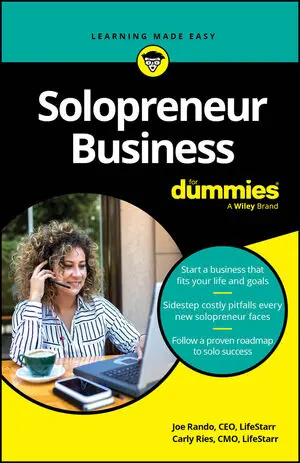Dealing with the paperwork is a large part of running a small business. The following table suggests essential file drawers to label in an actual file cabinet or two and what must-keep information to file in each:
| File Drawer | What To Put There | File Drawer | What To Put There |
| Accounting and bookkeeping records | Sales and expense information, inventory, ledgers, income statements, balance sheets, cash flow statements, and other financial statements. | Forms used in the business | Standard forms that you use in the business, such as purchase orders, sales agreements, offer letters to new employees, and employment applications. |
| Bank records | Bank statements, cancelled checks, bank reconciliations, notices from and to your bank, deposit slips, and any loan-related notices and documents. | Intellectual property records | Trademark applications, copyright filings, patent filings and patents, licenses, and confidentiality or non-disclosure agreements. |
| Contracts | All contracts you have entered into, including: real estate leases, equipment leases, purchase agreements, sales agreements, joint venture agreements, work for hire agreements, and other contracts. | Marketing and advertising | Marketing brochures, print ads, Web banners, text of radio ads, and records of other marketing materials. |
| Corporate records | For corporations: Articles of Incorporation, bylaws,
shareholder minutes and consents, board minutes and consents, state
filings, Action of Incorporator, and amendments to the various
corporate documents. For non-corporations: Documents may include partnership agreements, LLC documents, consents of the owners, and similar records. |
Permits and licenses | Permits, licenses, or registration forms that you need to operate the business, whether required under federal, state, or local law. |
| Correspondence | Letters sent by mail, faxes, and important e-mail that you don’t want to lose and want to keep in hard copy. These include both correspondence you receive and send. | Stock records | The company’s Stock Ledger where you record all stock and other securities transactions, copies of stock certificates, options and warrants, and copies of all securities law filings. |
| Employee records | Completed employment applications, actual employment offer letters, employee handbook or policies, employment agreements, performance appraisals, employee attendance records, employee termination letters, W-2s, and any settlement agreements with terminated employees. | Tax records | These records include quarterly and annual federal and state income tax filings, W-9 filings for independent contractors, records supporting tax filings, withholding tax records, and other tax-related matters. |






